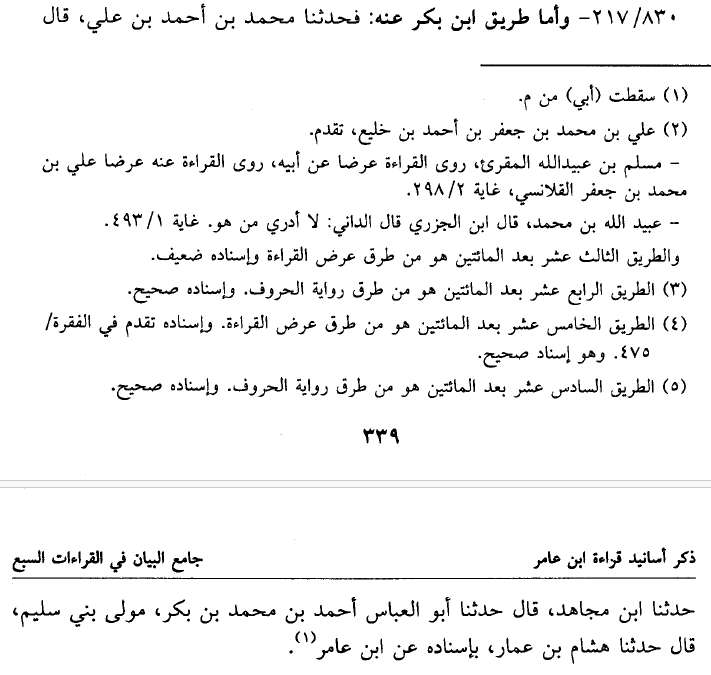1. Probably The King of Fighters 2002UM, though due to bad netplay I haven't played it nearly as much as OG2k2. After that probably Alpha 2.
2. Hard to say. Got burned out the most on Street Fighter 4. But still enjoyed watching it after. Alpha 3 is incredibly ugly and terrible. Have a love-hate relation with SF3: Third Strike.
3. Baiken in Guilty Gear XX #Reload! Still one of the coolest characters ever.
4. Brawler/Grappler hybrids. Makoto (in 3s at least) is great; I love O. Yashiro, but also slightly less obvious grapplery dudes like Andy in 2k2.
5. Shoto versus Shoto is still really damn enjoyable.
6. Grappler versus zoner, because I'm never the zoner in that Matchup. I find it enjoyable to watch though.
7. 2k2UM by just its sheer size and all the badass KOF characters in it it has the best roster.
8. Seichuusen godanzuki!
Other than that I'm a huge fan of great "buttons", especially far reaching beefy mids. Whip st.CD, Rose cr.MP, all of Ralf's buttons in 98 ever, Makoto's https://t.co/k65Wg3pm0U, man...
Other than that I'm a huge fan of great "buttons", especially far reaching beefy mids. Whip st.CD, Rose cr.MP, all of Ralf's buttons in 98 ever, Makoto's https://t.co/k65Wg3pm0U, man...
9. I would love a KOF vs Street Fighter with KOF mechanics. That seems like fun. KOF vs Melty blood with some hybrid between those two systems seems awesome too.
10. I would put 3s Makoto in a different game. If that's cheating, I would make Yashiro's cr.A to st.B chain less annoying.
11. Like DLC costumes? I've never been into that shit. Way too distracting and weird. I want the costume that the character ships with. That being said, C color O. Yashiro in 2k2 is awesome. 

12. Favourite fighting game storyline? People actually play fighting games for the storyline? I literally have no idea.
13. I don't really care for fighting game announcers. Capcom versus SNK 2's is okay in how over the top ridiculous it is.
14. Iori's 月を見るたび 思い出せ (tsuki o mirutabi omoidase, "whenever you see the moon, remember me!"), mostly because it's iconic, despite being totally cringy.
15. Who the hell has 1-hit KOs? I suppose Haohmaru is VERY satisfying if he hits a max damage heavy slash. Can that 1-hit KO? If not, Kenshiro's hokuto hyakuretsu ken, of course.
16. Favorite rivalry? I'm pretty sure I'd have to care about the story to have that. Let's say Alex & Hugo because their pre-fight animation is cool.
17. No idea about favourite character intro, don't we all skip those?
18. Ichigeki Hissatsu!
19. Favourite character reveal... Most games I love didn't do big character reveals and if they did it happened way before I started playing them. I vaguely remember being excited about Classic Iori in KOF13... though honestly I like Claw Iori better.
20. Favourite fighting game mechanic: Easy, KOF short hop.
21. I would love for Yashiro / the whole Orochi team to be back on a KOF roster.
22. I'd swap third strikes parry for Alpha 2's alpha counters... That would probably break the game, but I love the game feel of 3s, but I really don't think parries were ever a good mechanic. I've always liked Alpha 2 counters in that they so boldly do a shitton of damage.
23. Ditch only one game from one franchise? Man I could easily ditch whole franchises. I don't care for Mortal Kombat, nor for Tekken. KOF has so many shitty iterations that it's very easy to ditch some of those too, I'll ditch 2k1, 2k3 easy.
24. SF4 Makoto is the *worst*, I don't even think she's bad, but just so slow and bleh and feels nothing like 3s Makoto. OG2k2 K' is also really really terrible.
25. I do really love the 3s sound track, though much of Guilty Gear XX is fantastic too. Alpha 2 is dear to my heart. KOF98 is good too. Many so many good OSTs in fighting games!
• • •
Missing some Tweet in this thread? You can try to
force a refresh
















